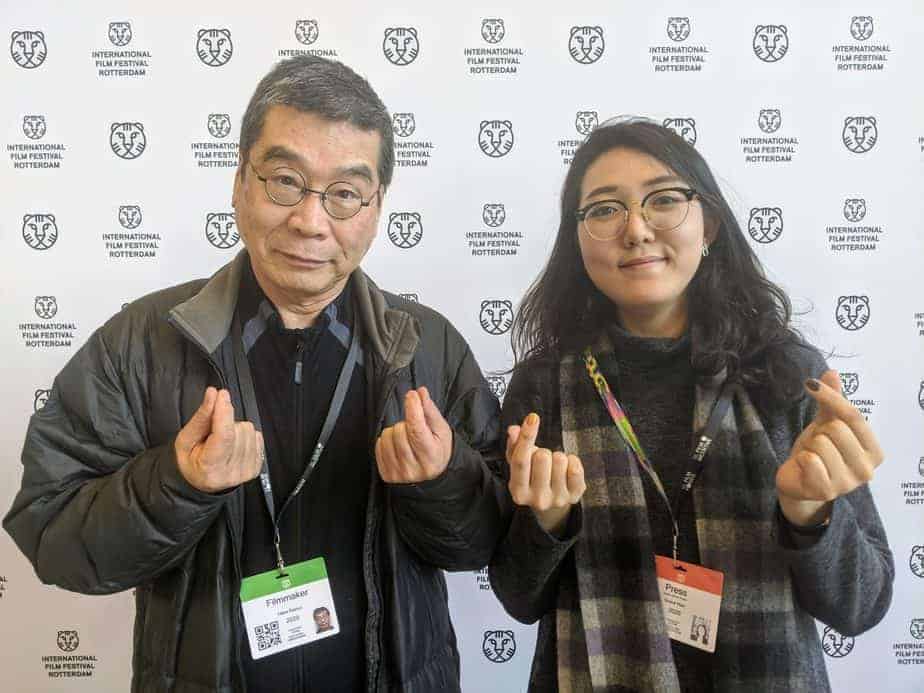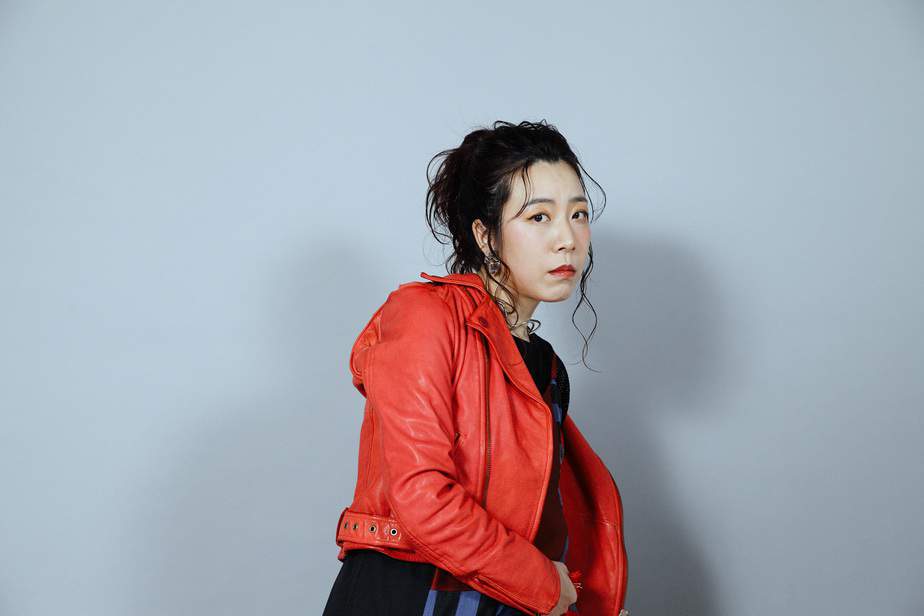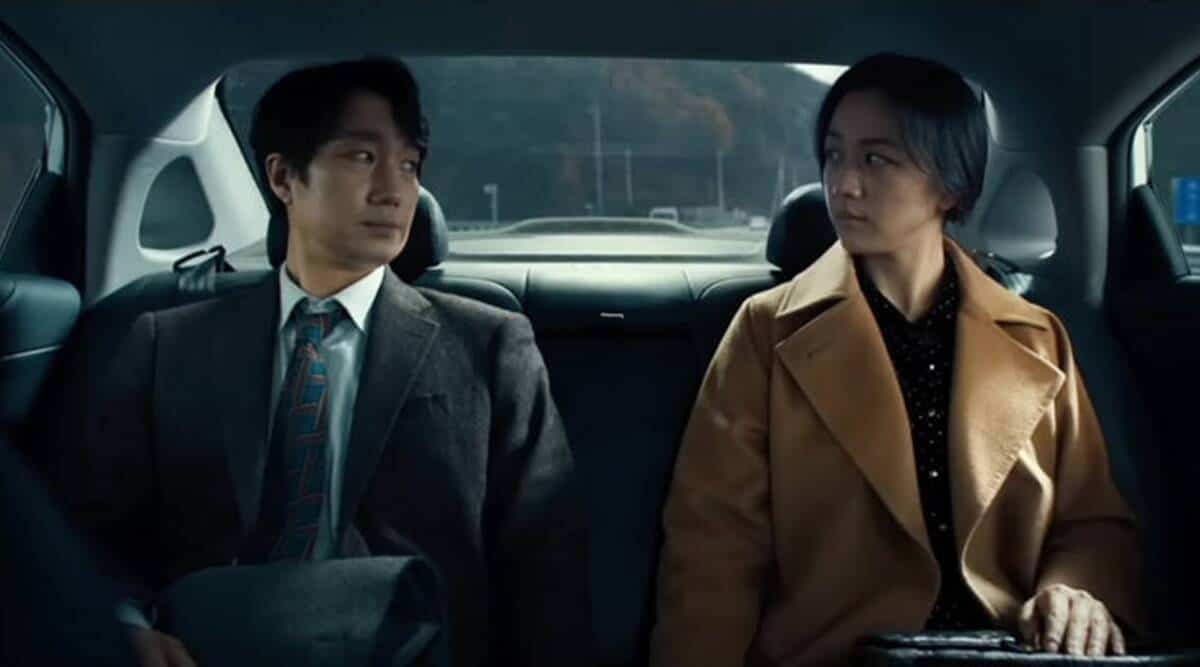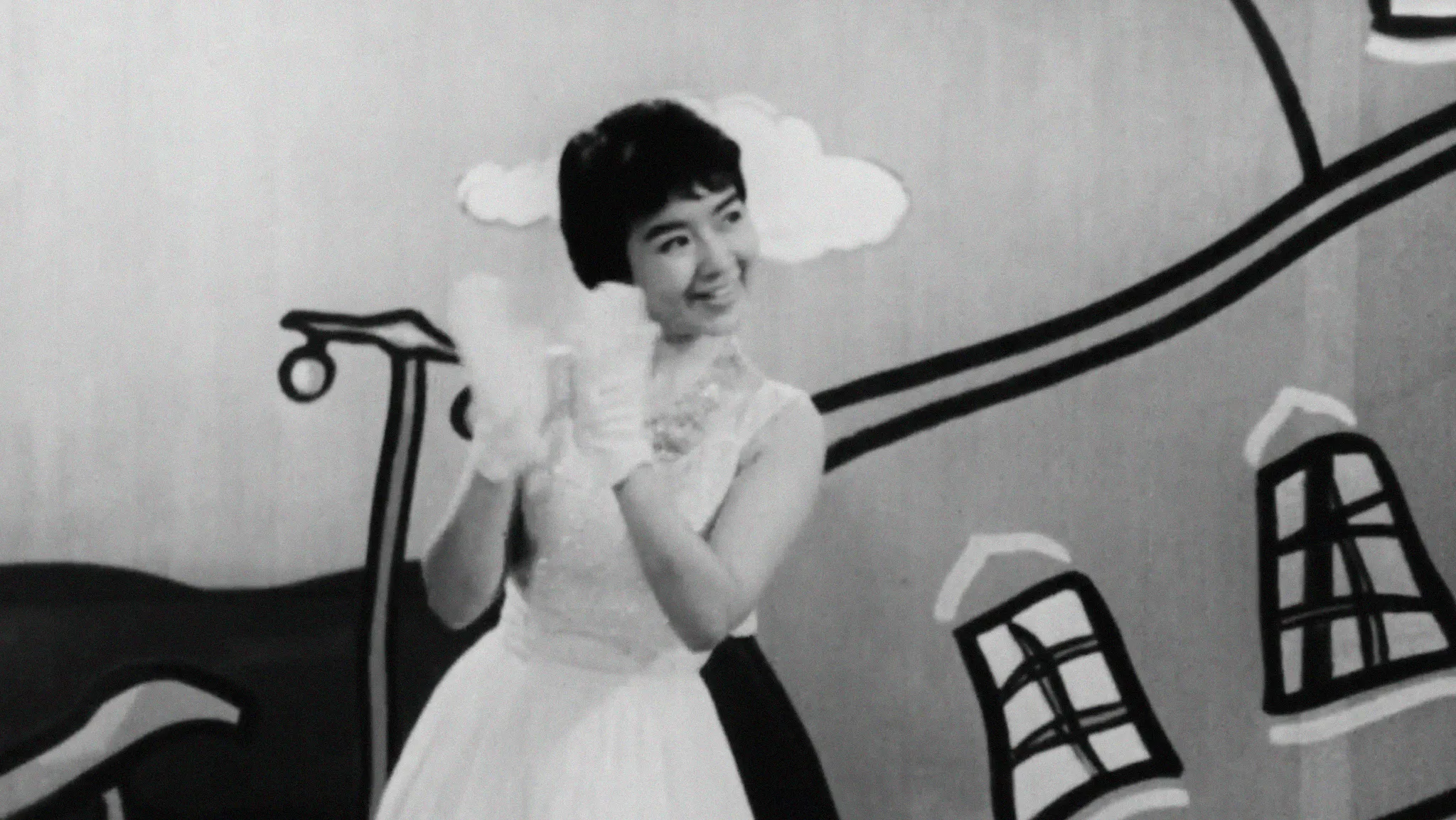After our last interview with Kazuo Hara at Japan Cuts 2018, we're back with the Japanese documentary filmmaking legend at International Film Festival Rotterdam (IFFR). Kazuo Hara actively questions the institutions upon which Japanese society is built upon; his newest 248-minute long film, “Reiwa Uprising” is just as gripping as it is long. The film revolves around the mayoral campaign of trans activist Ayumi Yasutomi and her eclectic band hoping to shake up the local politique. With its first premiere at Tokyo International Film Festival and now a screening IFFR's Tyger Burns program, the film will screen in the Museum of Modern Art in New York next.
We sat down with him (for a considerably shorter talk) at IFFR before his international premiere. Kazuo Hara opened up about his experience working on the film, on Japanese politics — but more importantly, on the enduring search for truth.
This interview was completed with the help of Panos Kotzathanasis, Chihiro Shimano, Maki Oishi as an interpreter of IFFR, and Natsumi Hayashi.
You were interested in Ayumi Yasutomi even before the documentary. What drew you in her and why did you decide to shoot Reiwa Uprising?
I started shooting this film in July 2019, but a year before that I invited Ayumi Yasutomi as my guest of my internet program show called “Net DE Cinema Juku”. At that time, she was one of the candidates for the mayor of Higashimatsuyama-shi, a city in Saitama. I was interested in her campaign which was what we call “Chindonya”, an old fashioned carnival style taking a horse along with her. So I asked her to let me know next time when she has a campaign as I'd love to film it.
But I totally forgot about this offer. A year later, in June 2019, I was touring, screening my older films. Then she reached out to me and said she needed a movie for her campaign for the Upper House. Since I had offered to work with her to begin with, I couldn't say no. (laughs)

What was it like to work with her?
Although Yasutomi was the main character in “Reiwa Uprising,” I liked to film the other 10 candidates in Reiwa Shinsengumi. I wasn't familiar with elections until then, but I felt really comfortable listening to their speeches. They're trying so hard to tell their truth. I enjoyed filming them so much that I filmed with a very clean heart, a fresh spirit. (laughs)
Taro Yamamoto is a very famous actor. Did you know him personally before the documentary?
I never had a chance to meet Yamamoto before, and barely know anything about him. I first met him during production.
What do you personally think of Yasutomi, Yamamoto, and the Reiwa Shinsengumi?
This question is difficult. What Yamamoto thinks is not always the same as Yasutomi. But Yamamoto is great since he thinks it's natural to have different opinions. He believes that current politicians are powerless in changing Japanese politics. That's how he came up with this party that contains totally new voices, like Yasutomi's, since the country will not change drastically otherwise.
The big difference, however, is that Yamamoto plays by the system's rules whereas Yasutomi wants to radically change them. Yamamoto challenges elections by sending unique ideas to Japanese Parliament. He doesn't think much of changing the political position itself. On the other hand, Yasutomi says that the current system is behind where we should be right now, and thus needs a radical change to keep up with the times.
As for the Reiwa Shinsengumi: there are many opinions against them, including my own. I think Yamamoto Taro is attractive as a person, but he's somewhat unstable at the same time. Politics is about power defeating another power, so it requires the initiative of an organization to ensure these powers' survival. But Yamamoto dislikes group organization. The clashing of thoughts and conflicts often draw groups apart in Japan. He instead makes a group that's not new and original, but instead looks at reality – and requires organization to fully realize their power's potential. Voters are paying attention to their next move.

Would you vote for them?
I'd never make a film about them again; there will be no sequel (laughs). However, yes, there is a possibility that I may vote for them personally. I feel that the majority of them are telling the truth. I like something anarchic, but as I mentioned, they're unstable in way; I doubt they'll be huge in Japanese politics. I like Yamamoto's style – even though he doesn't like to organize for power, I like that twist all the same. This is such a difficult question!
You mentioned this was your first political documentary. Did you think your personal opinion would affect the film's production at all?
As a filmmaker, of course I would want to make something interesting. Fiction is great at capturing drama, especially in a short period of time. Documentary though, takes a long period of time. Usually, when I make a documentary film, I shoot for 5 to 8 years, for a long period of time. My last film about mercury contamination [“Sennan Asbestos Disaster” (2017)], for example, took 15 years. But for “Reiwa Uprising,” I only had 3 weeks to film the campaign. How could we find the drama in only twenty-one days?
So for “Reiwa Uprising,” I focused on the election's use of words to impress the voters. Each word has a multifaceted look, and I wanted to capture the faces that react and create these words. Words could be logical, informative, emotional…I philosophically, I questioned myself what these words could possibly mean. I see “Reiwa Uprising” as a film where I tried to seek the fundamental meaning of words: of depicting the feelings of humans, of digging into the deeper meanings of the words themselves.
To tell the truth, I've been dreaming of shooting a speechless documentary but this is very difficult. Communicating the chaotic feelings humans harbor before the said feelings become words intrigues me. To really examine these feelings, we have to focus on the words expressed. Thus, I feel odd with the idea of making a film along with words, but I can't escape from them either. I'm always thinking about what exactly the words are, taking a neutral stance, and thoroughly questioning myself when I film.

You also mention that you wanted to make a fun film, otherwise no one will want to watch it. Do you feel you achieved your goal?
This is something I would like to ask the audience! (laughs) Actually I often ask audiences if they thought the film was interesting. In post-production, the editors and I would always ask each other – “Is this really interesting?” So I hope my judgment is right. It took us half a year to complete editing; we literally finished on December 31, 2019.
[At a later screening,] one filmmaker told me that he could have made it shorter, and the film would attract more attention, be more established. I understand what he meant, but I refuse to cut out any of the words from the four hours I already picked for the film. It's better to show the audience the entirety of the words. While “Reiwa Uprising” is finished, my search for essence will continue.
At 74 years old, you're also a veteran in the industry. What do you think of documentary in Japan today?
After Japan lost World War II in 1945, Japan became a democracy. Film is a tool to measure the spirit of a country's citizens; it's not only about the filmmaker's ability, but also about the era in which he or she lived that makes a good film. Japan's postwar progress, its enthusiasm, gave way to a lot of interesting films.
Unfortunately, nowadays, Japan has lost its steam. Although there are a vast array of documentaries out there, I don't feel like they have much power. It's impossible to bear a masterpiece if the people of the country are dying. Documentary always depicts the era; Japan is declining day by day. China, on the other hand, is gaining momentum — you can see this in the films of Wang Bing. Compared to China, Japan has no way to win. There's no short cut or special trick to film; in the end, a lot of it comes down to encouraging yourself.
And finally…what are you working on next?
It's still a secret! (laughs) I'm still in the storyboarding process. Wait and see!















